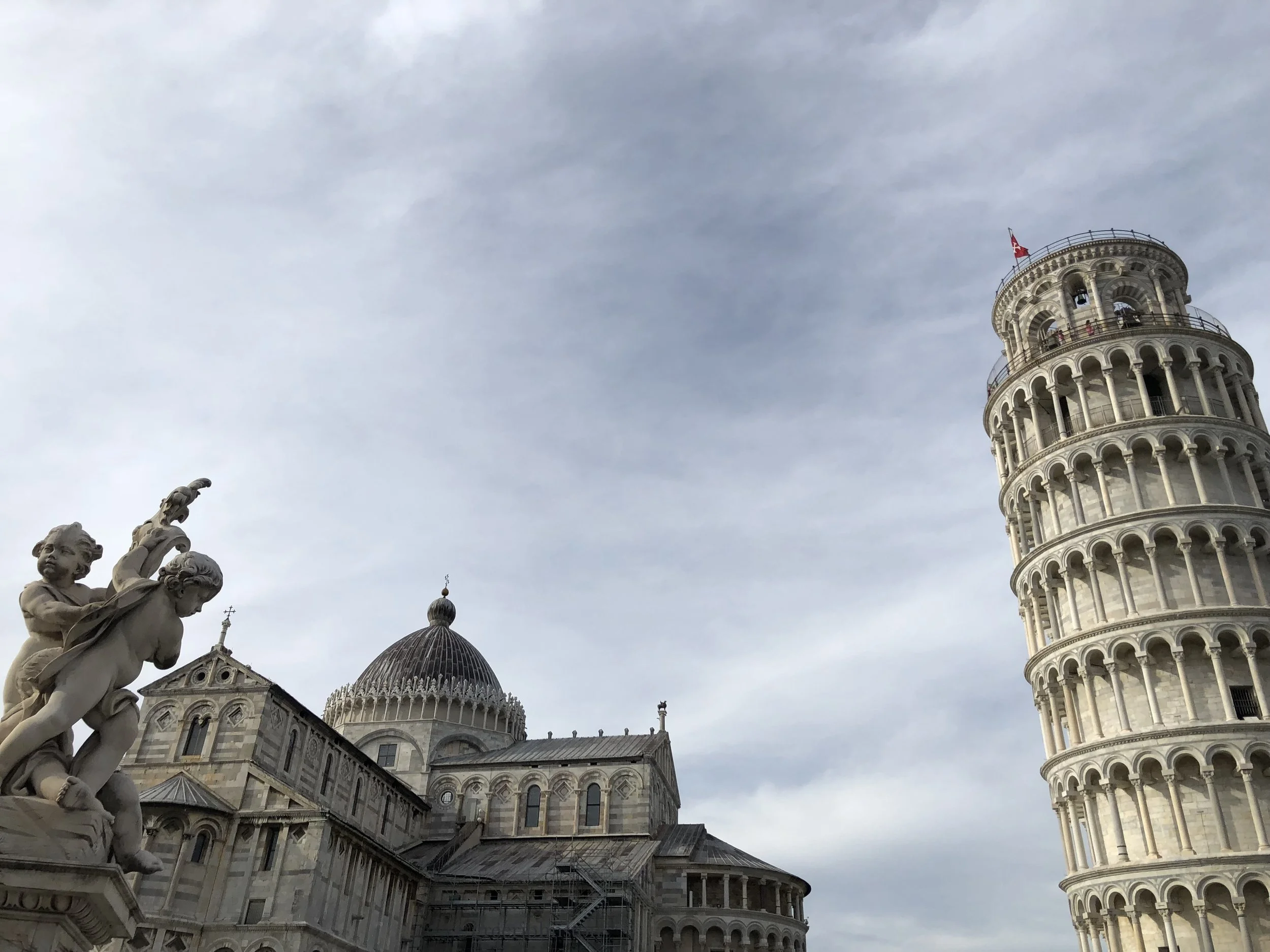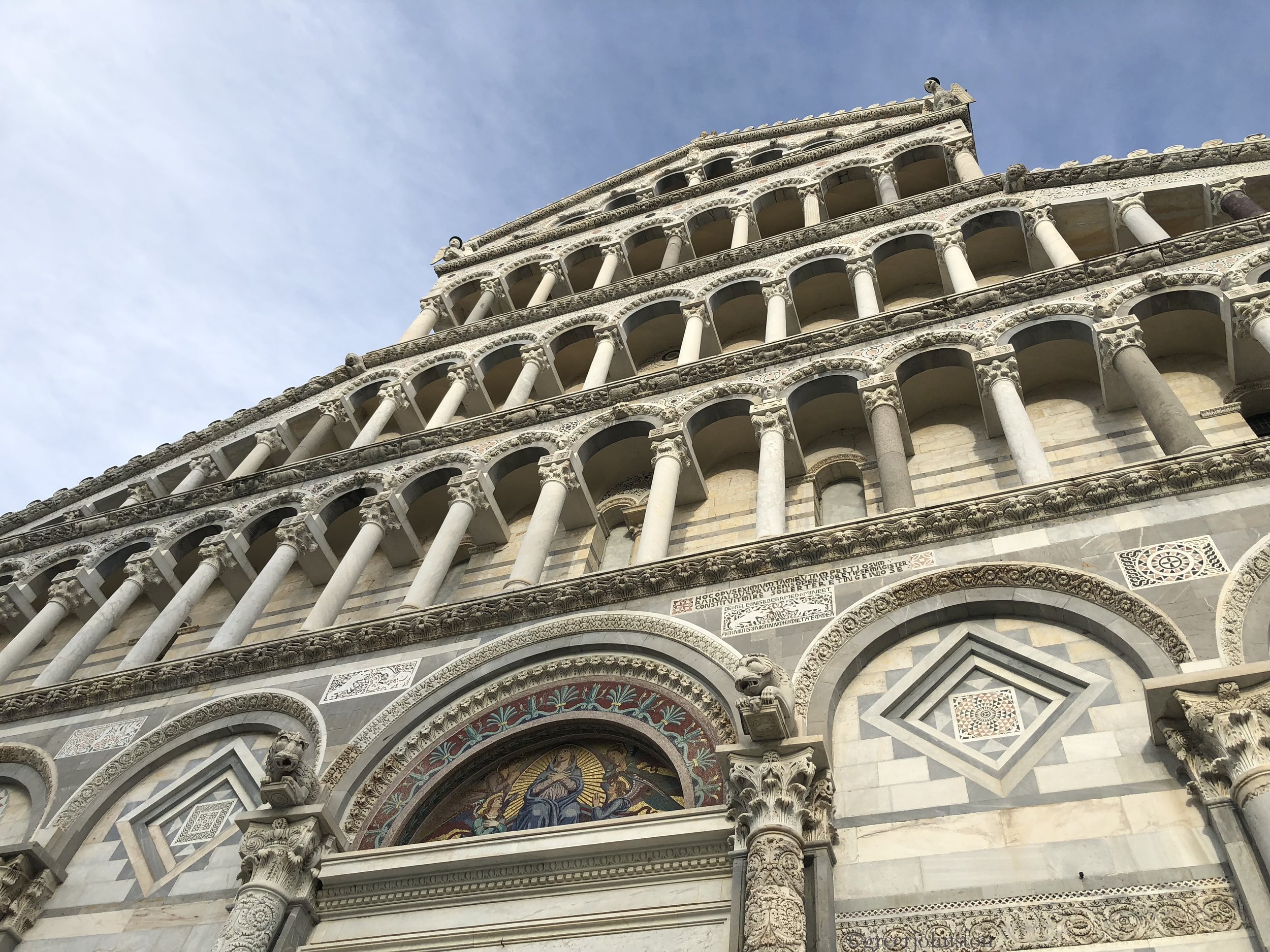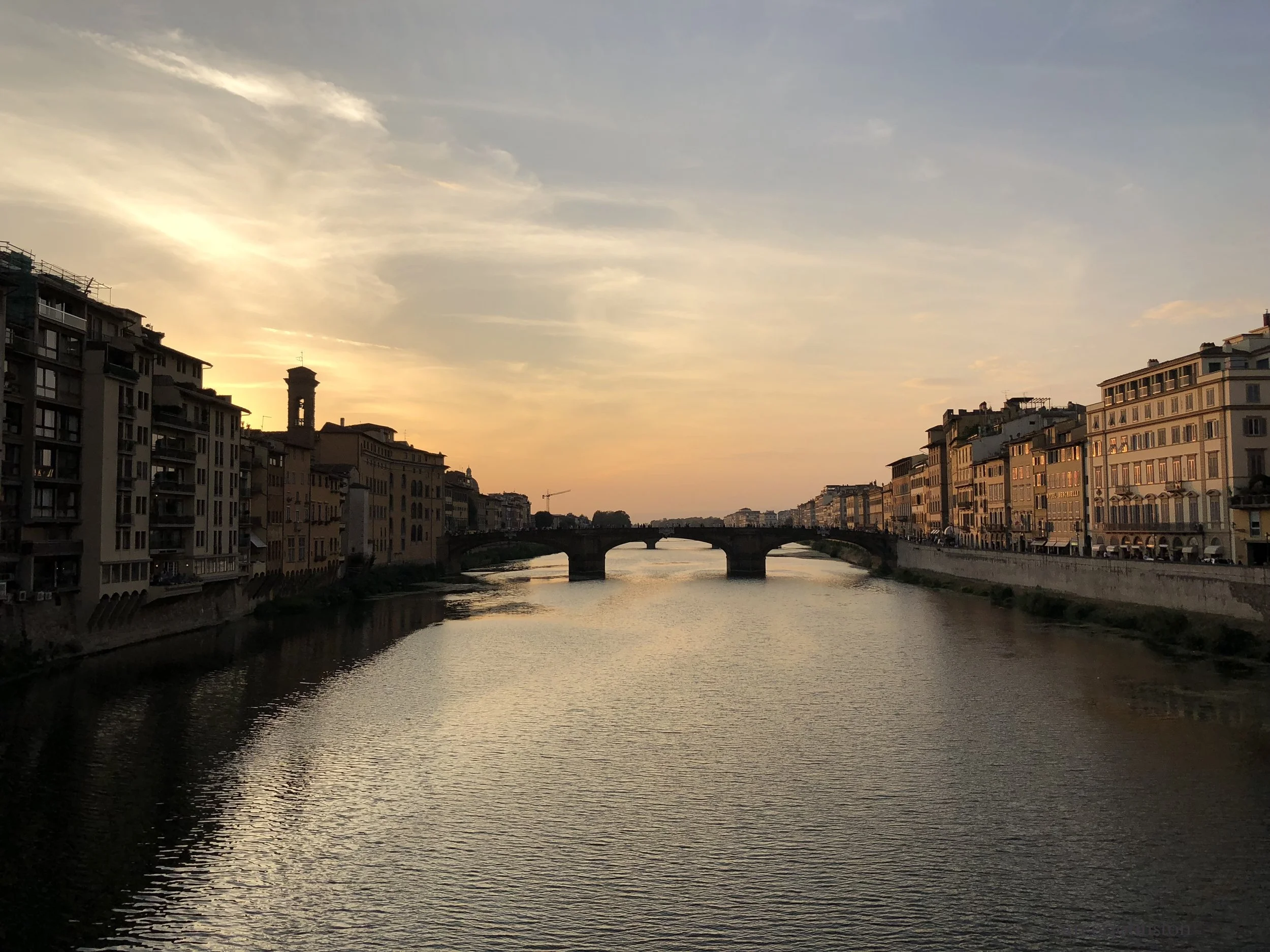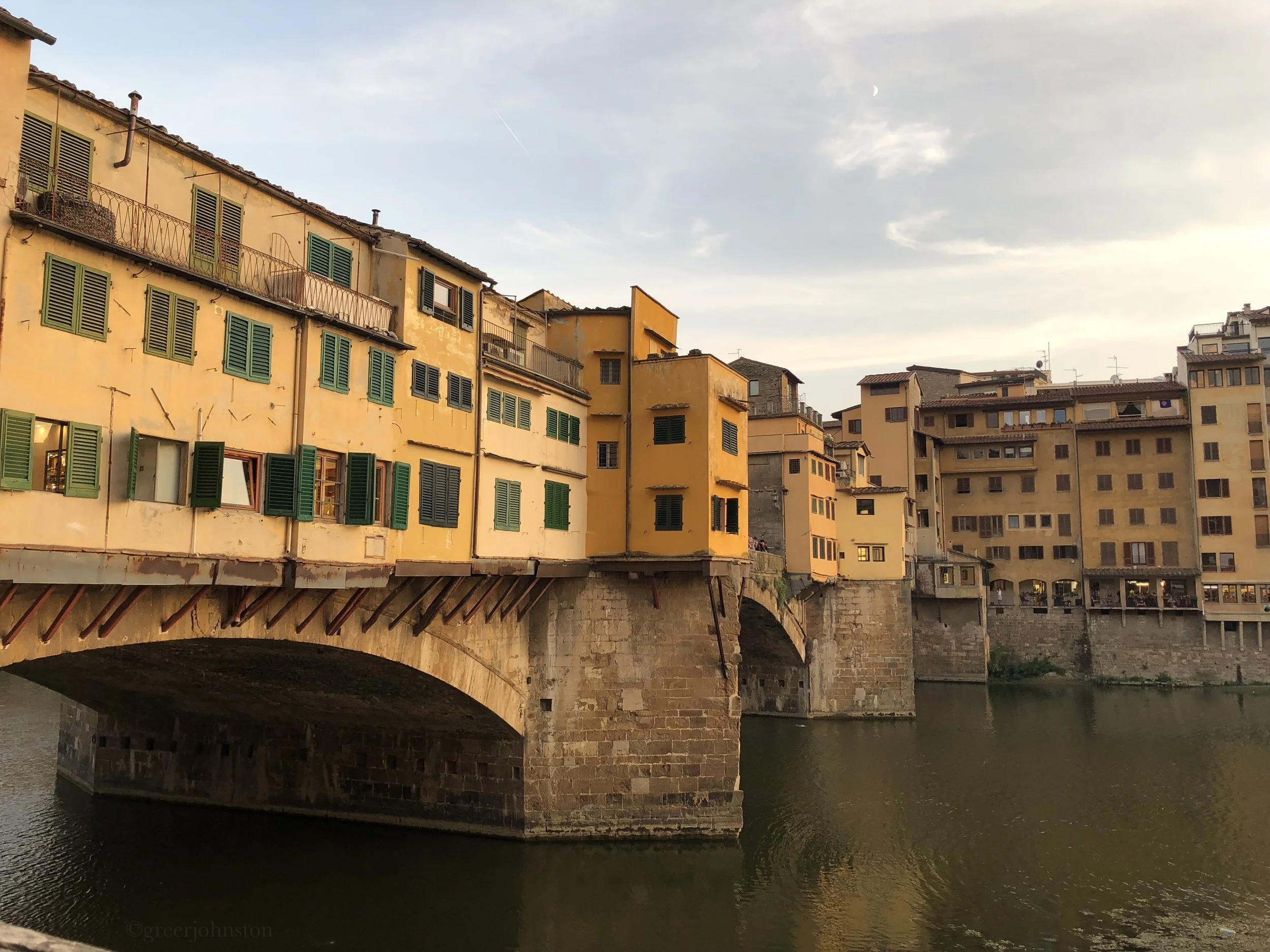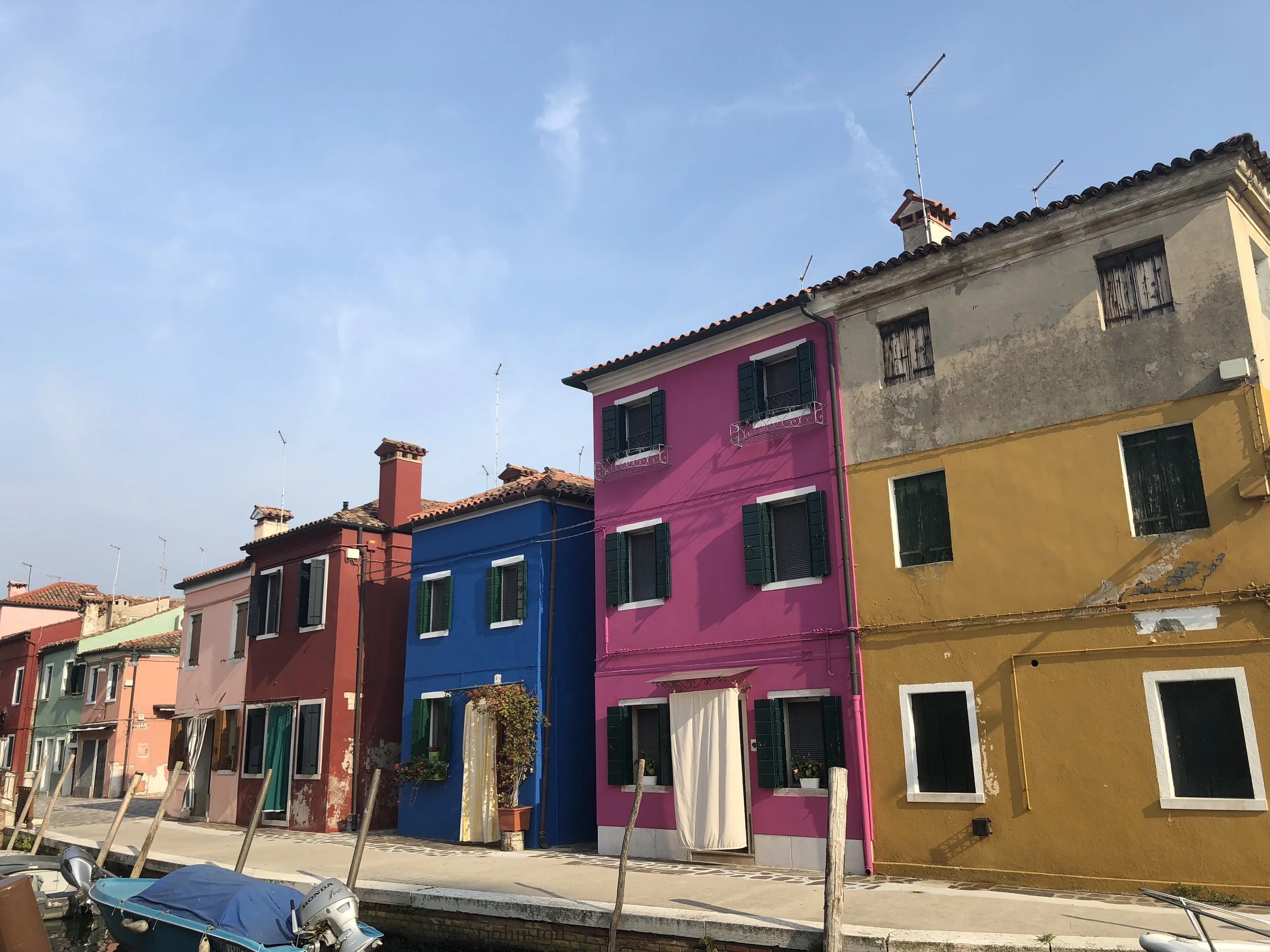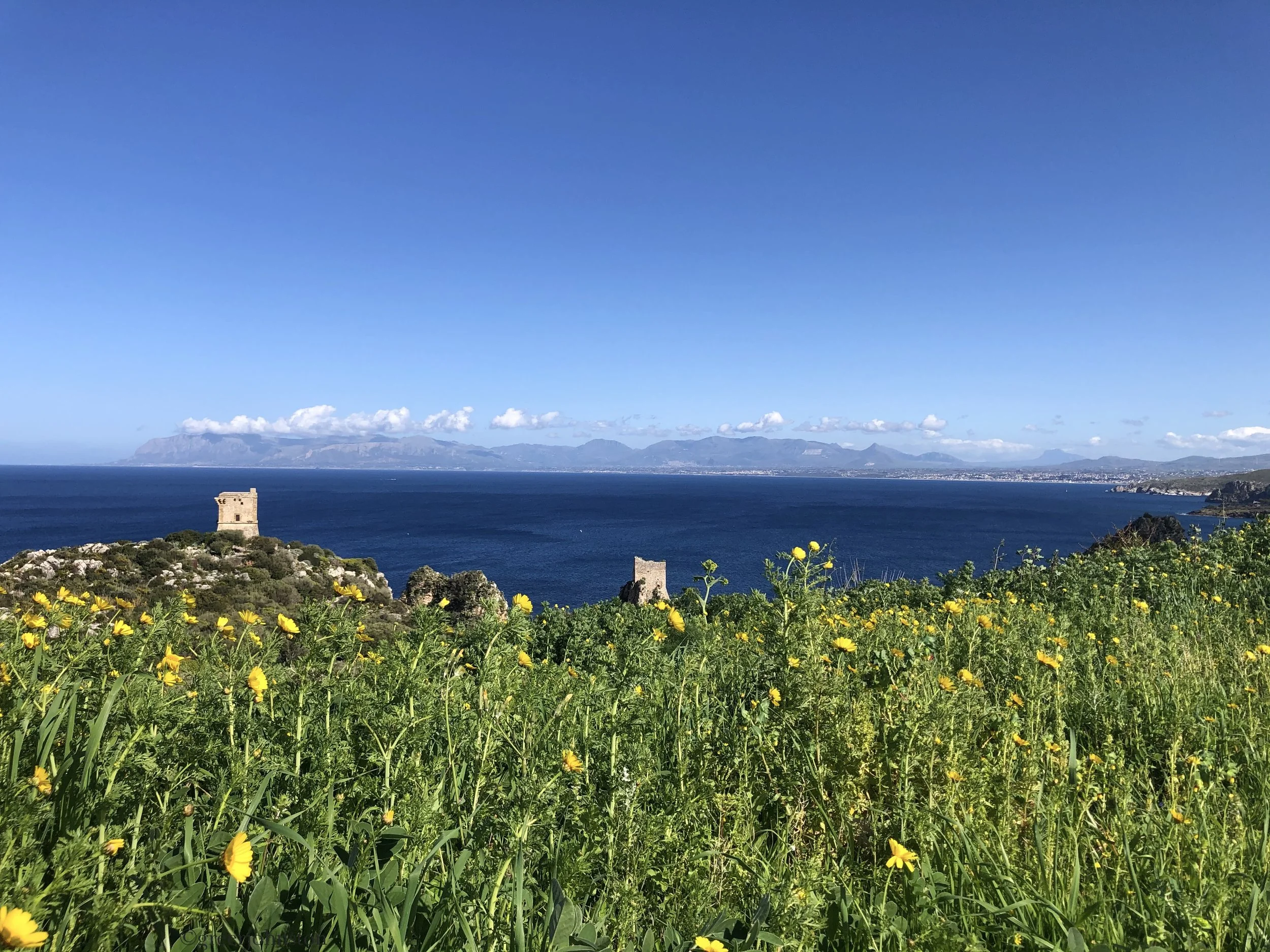How does healthcare work in Italy?
Hi everyone! Welcome back to the Moving to Italy series, where I list out some of the most important things to know about the process of Moving to Italy.
Today I wanted to share probably one of the most important things to know when moving to any country, and that is how the healthcare system works. I always get a lot of questions regarding this, so I’ve put together this little article with what I have learned through my own experience the past four years living here.
Now, I want to say first off that this is not a comprehensive, 100% thorough covering everything guide. And that is because, I am just learning about this myself as I go along. This is just what I’ve learned from my experiences here so far. Of course, if I do make any more significant discoveries, I will definitely let you know.
I did make a YouTube video where I explain all of this information, so if you prefer that format you can check it out here:
So that being said, I would just take this video as a starting point, maybe a good place to get some questions in mind that you have, and maybe it will give you some new ideas or insights if you were wondering about the healthcare system here. I will also say that the healthcare system, while a national system, is organized regionally, so it’s definitely possible that the experience I have locally may be different to someone else in another region of Italy. And healthcare itself is so individual, so again, these are just the experinces I have had.
How do I register for my tessera sanitaria?
Now one of the first things that you will do when you’ve moved to Italy is register in the healthcare system, which is the Servizio Sanitario Nazionale. To do this, you can go to your regional healthcare system website, and look for the location of the office called “Anagrafe Assistiti.” Now, maybe you can make an appointment online, but I just went in person to one of the medical centers that was listed as having this office. There were a few of them in Palermo so I just went to the closest one. I think I brought my Italian passport and my codice fiscale with me and a copy of them since I didn’t have my identity card yet, and maybe I brought some other documents but it was so long ago I really can’t remember. And it also may depend on your unique situation what documents they may ask for.
Then a few weeks later I got my tessera sanitaria, or my health card, in the mail.
Note: You will have to bring whatever documents shows you are living in Italy, so either an Italian passport or identity card, or your permesso di soggiorno.
How do I choose my family doctor?
Now when I went for that first appointment to register, I was asked to choose my doctor. This is called your “medico di base” or your family doctor. This is the first point of reference you have within the health system. There are so many doctors to choose from. So you can ask around to people you know who live in your area to see if they have someone they recommend, or you can look in your neighborhood to see if there are any doctor’s offices close by. If you really don’t have any idea, they can also help you choose at that office or maybe just assign one to you. But don’t worry, because you can change later on if you want to switch doctors. I would try to find a doctor that comes recommended by someone you know, and it’s even better if they are close by to your home.
One thing that is important to know, is that at least where I live, the systems of changing your local address do not automatically get updated in the health care system. So I have had to go back to this office every time I changed my address to make sure they had the right address on file. However, I do see that you can do more things online now such as making certain appointments that you weren’t able to do when I moved here four years ago, you can also change your doctor online, so maybe that will change in the future, too. Again, this all varies by region and how they have set up their administration.
As far as I know, for Italian citizens that are living in Italy, your tessera sanitaria gets renewed automatically every few years and they will just send you your new card, and this is one reason why it’s important that they have your correct address on file. If you have a permesso di sorrgiorno however for study or working or something like that, your tessera sanitaria will only be as valid for as long as your permesso is valid for, so every time you get a new permesso, you will need to go back and re-register.
Managing your healthcare and assembling your team
Me, doing my best to hold up the Leaning Tower of Pisa and to explain the Italian healthcare system
So once you have registered, you can now go and make an appointment to visit your family doctor. When I first met my doctor, he just asked me about any pressing medical concerns I had and any medicines I needed prescriptions for. I have to say that knock on wood I am relatively healthy, so I don’t have many things that I need.
The healthcare system it is very different from what I was used to in the US. A lot of it is that you really manage things on your own here. I think that if you got sick and needed treatment for something that that would be a different case, but like I said, thankfully I don’t really need much. I like to visit my family doctor’s office at least once a year where I can get checked-up, ask him to write new prescriptions for the ones that have expired, and for a prescription for some routine bloodwork. And of course, I get ahold of him whenever I need a prescription refill, or for example if I am feeling unwell and then I can go in for a visit.
But outside of that, I really manage things on my own.
What do I mean by that? I mean that over the years I have kind of collected a group of doctors around me. I have found my own dermatologists, my own eye doctor, dentists, everyone. I have all of my own medical records at home, and when I go to visit to these different doctors I bring the relevant records with me. Actually some of my doctors do keep my information there, but not always. This is of course very different from my experience in the US. I think one reason they do this is because if you are seeing a private doctor, there is no commitment to return to them for the next visit. You can choose who you want to see, so you just keep your records at home, with you. I don’t know if that’s really the reason why, but it’s what I imagine.
The exception to this would be my family doctor, because I’m sure that he of course has my file since he is the central doctor and he is the one to refill my prescriptions and everything. And so, if there is ever something significant that one of my private doctors would tell me, I communicate it to him so he has the record of it. And again, that way if there is something that needs to be treated, you can get into the system. You should also let your doctor know if the specialist prescribed you any medicine, because your family doctor can check to see if those prescriptions are eligible to be prescribed inside the public system and then write you the prescription, which means it may cost less.
The private and public healthcare systems in Italy
So I kind of introduced that backward, but so far I have chosen to see specialists in private practice over going through the public system. And that’s because luckily, I have only needed to see doctors for routine visits, and so the difference in cost for me is worth it for me for the ability to choose my doctors and set the convenience of the appointment. To be totally fair though, I actually have not yet gone through the public referral system to have a specialist appointment, so I can’t actually say how that would work. I do believe you still have to pay a small fee when you book the appointments like this.
This is of course going to be different for everyone, depending on what your medical needs are and what your financial needs are.
However, I have gone through the public system for things like having bloodwork or an x-ray done, for example. In that case, my doctor gave me the “ticket,” that is one word for the official prescriptions or referrals that are given to you by your family doctor. What I did was find a lab or radiology center that was “convenzionato,” which means that it may be private, but it also works within the public health care system, so you can take these tickets and benefit from the reduced cost than if you paid for the visit entirely out-of-pocket. One thing to know about this though is that private offices may have limits for how many convenzionato prescriptions they take in a certain time period. I for example went to my regular lab once near the end of June, and I was so surprised because there was almost no one was there, and usually it is always full of people. And when the secretary showed me the bill, it was so high compared to what it usually would be, and she told me that it was because they had reached their limit for that six-month period, and that I could come back after the first of July and have it at the reduced price, or I could try to go somewhere else that hadn’t reached their limit yet.
So these are all that little intricacies that I am just learning through experience, and I know that there is still so much I need to learn. As I said, I only have my experience to go off of and from what I hear about or ask of friends.
Cattedrale di Pisa
Screenings
Now once you are in the system, and you have communicated to your doctor any relevant health concerns, you will start to receive invitations for screenings for the categories that you are eligible for based on your age, gender, or any other qualifying conditions. So you will get a letter in the mail that invites you to visit such and such office for your screening. However, there may be screenings that are not part of the public system, or that maybe are for people only of a certain age group. So in that case, you can ask your doctor if they know of any screening centers or a doctor that they could recommend. For example, breast cancer screening is not part of the official program for my age group, but it’s something that I felt was important to do, so I went to a center called LILT, which stands for Lega Italiana per la Lotta contro i Tumori, or the Italian league to fight against cancer. It is a national program that specializes in preventative screenings of different types of conditions, and I was able to have my screening done there for a small cost. Precentitive care is so important so make sure to talk with your doctor, know your family history, and of course always take note if there is something different or worrisome that you want to get checked. There are so many options for screening outside of the official guidelines which are made for the general population. We have to be our own advocates. If there is something that you want to get checked out, don’t wait.
Vaccines
Another thing to discuss with your family doctor is any vaccines you may need. I am not sure but I would think that for the age groups where vaccines are necessary or recommended, they may send you the invitation or have some other way of contacting you, but that is generally just for babies and small children or some vaccines as you get older. But if there are vaccines you need or vaccine series you need to finish, you can make an appointment and bring your vaccination records to the vaccination office to make sure you get caught up. You may have to pay a small fee for certain vaccinations if they fall outside of your recommended eligibility group, but it’s good to get those up-to-date. Also if you are traveling, you can also ask about the local center for travel vaccinations. Again, depending on which vaccine, your age group, and the purpose of your travel it may be covered, or you may have to pay a small fee.
Guardia medica and pronto soccorso
There are two other things that I would like to introduce here, but that I really don’t have experience with, thankfully. However, you can look these up or at least have them in mind. The first is a guardia medica. These are offices that basically make sure you have access to a doctor, for example, if you need something in the middle of the night or on the weekends, not during the normal business hours of your family doctor. You can also visit the guardia medica, for example, if you are traveling outside of your city and need some assistance that your family doctor could not provide over the phone or by calling in a prescription. So these are not the emergency rooms, but maybe you could compare them to an urgent care. The only time I heard someone mention a guardia medica was when someone’s small child got sick and needed a prescription on the weekend when their family doctor couldn’t be reached. Because the healthcare system is organized regionally, if you visit a guardia medica in your region I believe the visit is free, but that there may be a small fee if you visit one while you are traveling outside of your region.
Again, the guardia medica is not for emergencies. For emergenies, you need to go the emergency room, the pronto soccorso, which thankfully, knock on wood, I have not had to visit.
The cost of healthcare in Italy
This is probably the place where healthcare in Italy differs the most from the US.
The healthcare here is much, much less expensive than in the US.
If I visit my family doctor, I do not pay anything. I did have to pay a small fee once when I needed a medical certificate for my driving license. When I visit a specialist, out-of-pocket, in private practice, the price can vary depending on the doctor, the type of visit, what I’m having done, etc. But I would say for a preventive visit, a regular check-up or screening, I generally pay anywhere from 80 – 180 euro, or 90 to 200 USD.
In general, prescriptions do not cost very much either, even when I pay for them out-of-pocket. This of course totally depends on your individual situation.
One thing I want to say is that while people may say that healthcare is free or “so cheap,” it’s important to remember that nothing is free. The healthcare system is funded by taxes, which are more than they are in the US. And while the cost of living is lower here, that is because the salaries are proportional to that cost of living as well. So what may be inexpensive to one person could be a sacrifice to someone else.
Now if you are interested, there is also the possibility to have additional private health insurance here. There are many different types of policies that have different types of benefits. But I haven’t looked into this further so I can’t make a recommendation about it one way or the other. It’s definitely a personal choice.
Offset medical costs
One other thing to look into if you are moving to Italy and going to be working here, is that it is possible to ask for a tax benefit based on medical expenses you paid. So if you spend over a certain amount of money on doctors visits or prescriptions, I think it works that you can have a certain amount of money deducted from your taxable income. Honestly I don’t actually know how it works yet but its something like that, so you can ask your accountant or your local CAF office if that is a good option for you. It’s called to “scaricare.” You may for example hear the pharmacist ask you if you want to scariare your payment for your prescriptions, because you have to present your tessera sanitaria do be able to do so. They don’t always ask automatically though, so you can always ask and give them your tessera sanitaria. I want to think that by scanning your tessera sanitaria it automatically attaches the purchase to your codice fiscale, or your tax code, but I am not sure, so I would also put any receipts that you have “scaricato” in an envelope just in case you need to present them to your accountant later on when you do your taxes. You can also do these with receipts from any payments you made to doctor’s offices, but be sure that you paid with a card because you can only scaricare payments that are traceable back to you; they are not eligible if you pay in cash or if you used someone else’s credit card to pay for it.
Pisa Centrale train station, about a 25-minute walk to the Leaning Tower
Main takeaways
So, I would say my main takeaways from this video about healthcare for someone who is moving to Italy, is that I would try to find a good medico di base, one that you can easily communicate with because they will be your main reference point. I would also really reach out to your community for recommendations, for clarifications, and to hear about their experiences. Every doctor does things differently, so don’t make a generalization just because one doctor does it this way that every doctor does. Also, just like in any situation, you need to be your own advocate, because you have to be the one to speak up if you need something, or you don’t feel well, or you want to get something checked out. Don’t be afraid to look for new doctors. I have had to switch a few of my specialists and I am so glad that I did because then I have found really, really good doctors. And stay on top of all of your preventive visits, make your appointments and go to them.
So that’s all I have for now. Like I said if I learn any more crucial information I will definitely be sure to pass that along. But I think this is a good place to get started. I hope that this article was useful for you in beginning to navigate the Italian healthcare system!
You can find more of my articles in my Moving to Italy series here! :)
Note: The pictures in this article are from Pisa, including the Leaning Tower, featured in the header image.

